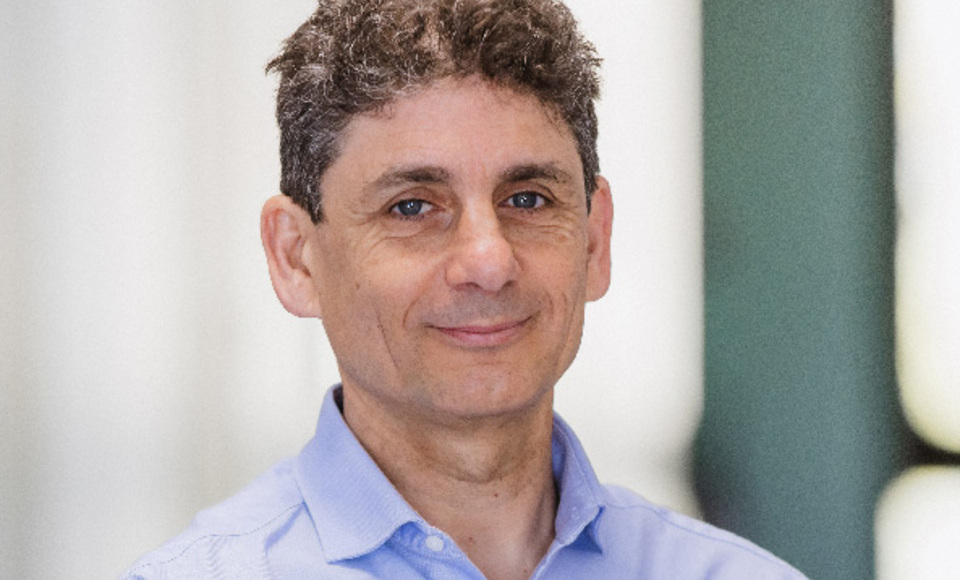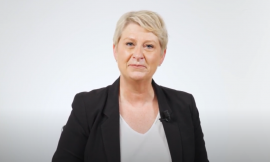Nothing escapes Artificial intelligence (AI). Not even Education. For Ludovic Dibiaggio, a professor at SKEMA Business School whose research focuses on Innovation and Organizational dynamics, teachers and the world of Education will have to adapt to the revolutions it brings. But this will take “longer than we imagine”…
At a time when Artificial Intelligence is on everyone’s lips, perhaps it is healthy to go back to basics: what definition would you give it?
It is difficult to provide a single answer; there is no uniform definition of Artificial intelligence. After screening definitions from different research domains, the most satisfying definition we found is that artificial intelligence is a relatively autonomous system of automatic prediction. This predictive system allows for addressing questions or solving more or less predefined problems.
“There will be two types of teachers”
LUDOVIC DIBIAGGIO, SKEMA BUSINESS SCHOOL
It is therefore not only inappropriate but also dangerous to try to equate artificial intelligence with human intelligence and compare them. Artificial intelligence is anything but intelligent: the learning processes are far from human learning based on a capacity for world representation.
Were you surprised, with the arrival of ChatGPT, by the extent of what this AI could do?
Indeed, I was. What surprised me was not the technology on which ChatGPT is based; it is built with a technology that has existed for a long time, the Large Language Models (LLM). Many scientific articles discussed it even before the emergence of ChatGPT. What really surprised me is its application scope; it is very broad. We are getting closer to a general-purpose AI that can provide highly relevant answers on very diverse topics.
And on more specific topics?
Despite rapid progress, ChatGPT and competing systems like Copy.ai, Jasper, or Google’s Gemini remain less effective when subjected to specific questions related to facts or less known domains, or where answers are not readily available on the web. For instance, I asked ChatGPT to generate multiple-choice questions in economics on a specific theme. The general questions were relevant, but when I asked it to delve deeper or create a second and third set of more precise or technical questions based on the previous ones, the system became less and less relevant.
Do you think the education system is ready to face the challenges of Artificial intelligence?
When considering the impact of AI on any activity, the first step is to identify what can be substituted and what can be complemented. The question is whether ChatGPT is a tool that can improve students’ learning experience or, on the contrary, if it is a system that will replace students in learning. And obviously, it is both. ChatGPT can be used to rewrite exam answers more precisely, seen as a threat. But it can also be seen as an educational tool allowing students to self-assess for instance.
“It would be wise to take the time for experimentation and initiate research, especially in education sciences”
LUDOVIC DIBIAGGIO, SKEMA BUSINESS SCHOOL
I would associate this innovation with the experience of the calculator forty years ago. Initially perceived as a threat by teachers, especially in primary and secondary education, today, it is a real complement to education and an important learning tool. The difference with ChatGPT is that it has a much broader coverage. We are heading towards a revolution in what learning is and how we learn. All students are already using ChatGPT; prohibition is, in my opinion, not an option. There’s no point in trying to ban a system that is gaining ground. It’s a tool that will have to become part of the pedagogical toolkit.
Will the role of teachers be at risk?
Yes, I believe there will be polarization. Some teaching or activities will be almost entirely handled by AI, especially generic teachings. We can imagine that a large part of course preparation activities can be done by AI. The added value of a teacher will be questioned. So, there will be two types of teachers: those who provide support and those who add value.
So, it’s beyond a change like the “calculator”…
The question is how to turn AI into an opportunity. We will need to modify our way of assessing and teaching. AI can be used to develop students’ critical thinking. For example, we can ask them to use ChatGPT to make suggestions and provide their own comments based on these suggestions. AI will also enable the development of personalized and tailored educational paths for each student. However, the question is to what extent the teacher keeps an eye on the pedagogical content and the outline of relevant learning. This is not a theoretical question since AI-based learning systems could be adopted quickly by the French education system. Adopting an “efficient” system is very fast. Adapting the education world to the era of AI will take much longer than we imagine; it cannot be done in two or three years. I think it would be wise to take the time for experimentation and initiate research, especially in education sciences, to understand how to redefine pedagogy in the service of students.
AI will undoubtedly have a significant place in education. Still, it is extremely difficult to predict what types of technologies and applications will be developed in the next five years. The challenge is to make AI a tool for teachers and not to enslave teachers to an artificial system. It seems urgent not to rush. However, turning away from AI would be a mistake, and the involvement of teachers and students in reflections based on experiments is a necessity.






